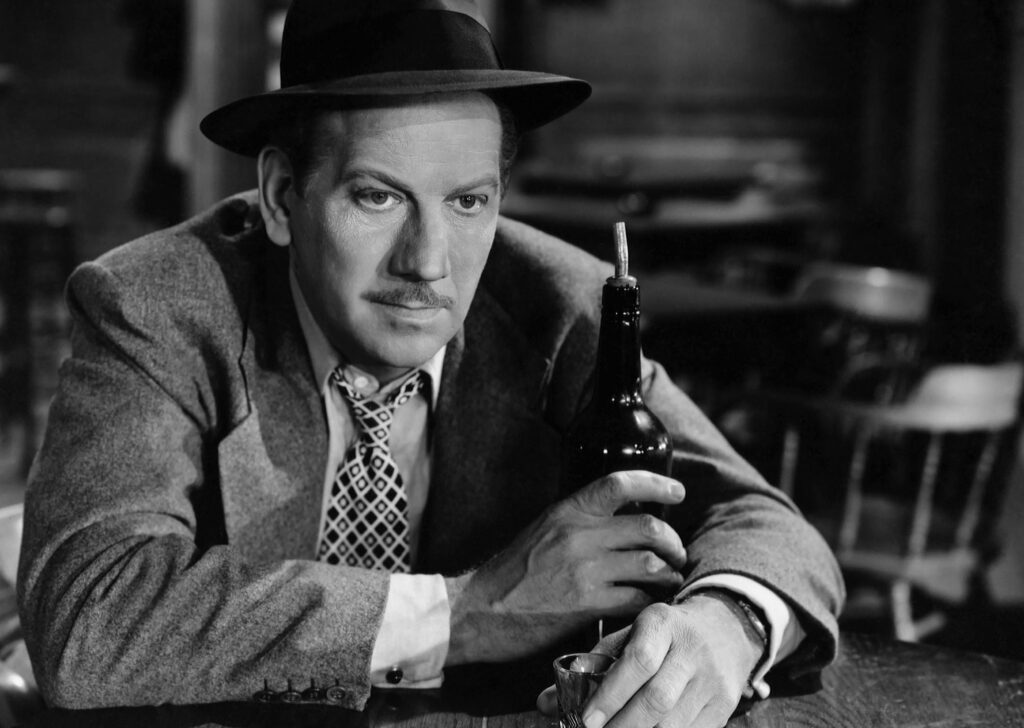After a ten-year hiatus from poetry, the critic, essayist, and gifted investigative journalist Michael Lista has published his third collection, following his spectacular debut, Bloom, and his slim, fact-based The Scarborough. Given Lista’s abrupt change in theme, tone, and structure, as well as the quality of the gathered poems, it is perhaps necessary to evaluate Barfly and Other Poems by first taking a brief look back.
The poems in Bloom — richly allusive, disciplined yet what-the-hell playful, with their unusually inventive language — had been lapped up by major magazines since 2007, before a publishing house (House of Anansi Press) issued Lista a contract.* He “made it new” with the resulting book, published in 2010, which featured a page-turning narrative structure that allowed each poem to soar on its own. Four years later, this tour de force was followed by The Scarborough, an extraordinary, terrifying expanse of poems orbiting the Homolka-Bernardo torture-murder of Kristen French in 1992. Here Lista juxtaposed his own childhood innocence with unseen and deliberately unspoken evil.
And now we have Barfly, in which the author himself, or a reasonable facsimile thereof, has become his own subject. Those expecting the volume to contain the type of overarching shape of meaning and reference that bound together his earlier collections will be disappointed. Barfly is what it appears to be: a portrait of the artist amid a mid-life (and global) crisis, without progression or hope. Not that there’s anything wrong with that in itself: self-elegies are hardly unknown in literature. But the overall tone of brooding pessimism and defeat in these poems has overwhelmed his former pyrotechnics. Lista’s latest verbal flourishes too often look forced and affected, and his wit tends to clang.

Playing the hero — or anti-hero — of his own story.
From The Guilt of Janet Ames, 1947; Glasshouse Images; Alamy
By his own description, Lista is playing the part of a barfly, visually caught in the pages of his own book. Throughout, he presents guises of himself: disappointed, socially distant, and depressed to the point of imagining suicide in his title poem. He’s looking at the world not with a jaundiced eye but with a bloodshot one. Booze, women, and poetry evoke bitterness, wistfulness, and despair, but they’re also his only sources of consolation.
The passage of time is at the root of his primary cause of anxiety: the fear of being left in its wake, without any day really worth the seizing. He’s a ruin, overgrown by jungle; in front of him are a couple of uncomprehending tourists (“My Body Is a Temple”). He has but two readers left (“Dealing with Fans”) and worries that “I very well may be done” (“Mum”). Of a young would‑be date, he writes, “She’ll ask me something dumb, piercing, and true, / Like: So you were a poet once, weren’t you?” (“Merkins”).
Ephemerality is a subtheme. Like the flies inventively illustrated on some of his pages, nothing lasts. At this point, to judge from his overall tone of despair, all the rosebuds have been gathered. The young singer Amy Winehouse poured herself one last drink before she “left like a song” (“Battle Raps”). All that we love, he tells his two elderly tabbies, “is like money or pills — / You only get them to get rid of them” (“Cats”). Affection can be endlessly reproduced but is never permanent (“The Zoo”).
No barfly is without his moments of bitter grousing, so here Lista expresses his general contempt for the Canadian literary establishment, almost de rigueur for writers or critics who are on the outs with it (“Towards a Theory of Contemporary Poetry”). In doing so, he takes a couple of mean swipes at our most towering of tall poppies, Anne Carson.
In his title poem, the collection’s penultimate entry, things take a darker turn still: poetry may, after all, be “just feats of engineering / For people who enjoy their injured feelings // And that real life, the good stuff, doesn’t rhyme / Since living’s good enough, and hasn’t time.” The poem as a whole is a drunken contemplation of hanging himself. His wittily named finale, “Hungover,” ends with an attempted affirmation: “I’m here, // Still here, cracking a beer / And toasting ourselves hopeful with a cheers.” But one is left a little unconvinced.
We’re all the heroes (or anti-heroes) of our own stories, and our sense of drama as the narrative unfolds can be enthralling. As Lista reminds us in “The Bill,” however, “The scary thing about literature / Is that it’s dangerously close // To talking to yourself.” And his current persona, it must be said, is just not all that interesting: a man in a bar rambling on about himself, still trying to be cool in his forties while seeming to know he’s not. You don’t want to engage with him; you try to listen politely, while eyeing the door.
Bloom, written in Lista’s mid-twenties, remains his most mature work. Barfly, written as he entered his fifth decade in the early days of the pandemic, for all of its occasional skill and clever phrasing, is a self-mirroring anti-climax, too often merely sentimental, his verse flat.
As an old man near death, in “The Circus Animals’ Desertion,” W. B. Yeats lamented his inability to rise and soar as he did in his younger days. Now in early middle age, Lista is ready to give up. His ladder gone, he, like Yeats, is left lying down in the rag and bone shop of his heart. But, given his past successes, one truly hopes he can pull himself out of it.
—
*Correction: The printed version of this review inaccurately said the House of Anansi “actively sought Lista out.” The magazine regrets the error.
John Baglow reads and writes in Ottawa. His latest poetry collection is Murmuration: Marianne’s Book.

